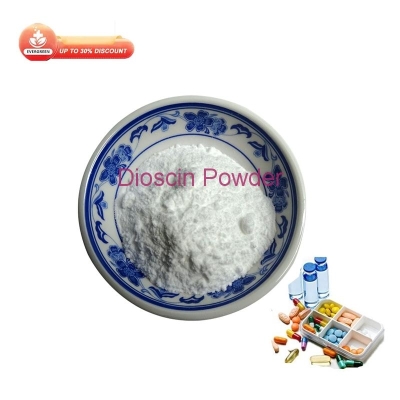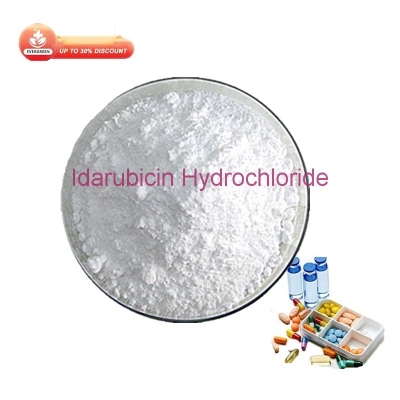-
Categories
-
Pharmaceutical Intermediates
-
Active Pharmaceutical Ingredients
-
Food Additives
- Industrial Coatings
- Agrochemicals
- Dyes and Pigments
- Surfactant
- Flavors and Fragrances
- Chemical Reagents
- Catalyst and Auxiliary
- Natural Products
- Inorganic Chemistry
-
Organic Chemistry
-
Biochemical Engineering
- Analytical Chemistry
- Cosmetic Ingredient
-
Pharmaceutical Intermediates
Promotion
ECHEMI Mall
Wholesale
Weekly Price
Exhibition
News
-
Trade Service
Bendamustine is a chemotherapy drug that is primarily used to treat cancer.
It is classified as an alkylating agent, which means that it is able to interfere with the growth and division of cancer cells by damaging their DNA.
Bendamustine is also known as NSC 652876 and is produced by the chemical company CAS.
One of the key characteristics of bendamustine is its ability to be converted into several different derivatives, known as metabolites, through a process known as metabolism.
Metabolism is the process by which a substance is converted into other substances by living organisms, such as enzymes.
The metabolites of bendamustine are known as the upstream and downstream products.
The upstream products of bendamustine are the substances that are formed during the metabolism of the drug.
These products are typically intermediates, which means that they are converted into other substances in the body.
The upstream products of bendamustine are formed through a series of chemical reactions that involve the enzymes found in the liver.
These reactions result in the formation of several different metabolites, including N-desmethylbendamustine, N-formylbendamustine, and bendamustine aldehyde.
The downstream products of bendamustine are the substances that are formed as a result of the metabolism of the drug's upstream products.
These products are typically the end products of metabolism, which means that they are the final substances that are formed in the body after the drug has been taken.
The downstream products of bendamustine include several different substances, such as acetyl- glutathione, mercapturic acids, and other metabolites that are formed through the action of enzymes in the liver.
It is important to note that the metabolism of bendamustine can be affected by several different factors, including the presence of other drugs, the presence of liver disease, and the individual's genetic makeup.
These factors can affect the rate at which the drug is metabolized and the amount of upstream and downstream products that are formed.
In conclusion, the upstream and downstream products of bendamustine are important in understanding the metabolism of this chemotherapy drug.
The upstream products are formed during the metabolism of the drug and are converted into other substances, while the downstream products are the final substances that are formed in the body.
The metabolism of bendamustine can be affected by several different factors, including the presence of other drugs, the presence of liver disease, and the individual's genetic makeup.
Understanding the upstream and downstream products of bendamustine is important for developing effective therapies for cancer and for optimizing the treatment of this disease.







